The Iranian Foreign Ministry has condemned what it describes as an "aggressive and terrorist attack" by Israel on a residential building in Beirut, resulting in the death of Haj Mohammad Afif al-Nabulsi, a media officer for Hezbollah. The ministry's spokesperson, Esmaeil Baghaei, strongly criticized the assassination, characterizing it as a blatant act of inhumanity by the "Zionist regime."
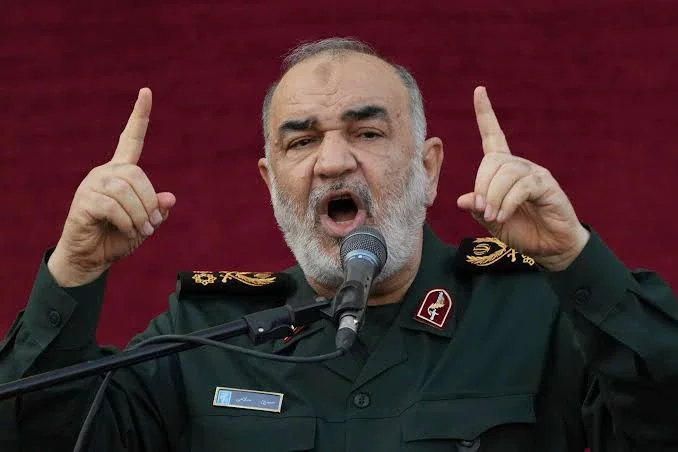
In an official statement, Baghaei extended condolences to the leadership of Hezbollah, the al-Nabulsi family, and the Lebanese people. He praised Afif as a prominent voice of resistance, who dedicated his life to raising global awareness about the oppression and rebellion of the Israeli regime. According to Baghaei, Afif's work symbolized a commitment to exposing the plight of the Lebanese and Palestinian people.

Baghaei alleged that the Zionist regime has targeted over 200 journalists and media personnel in the past year, describing these actions as deliberate crimes intended to silence the media and suppress coverage of Israeli atrocities. He asserted that these attacks form part of a broader strategy to advance what he called a "genocide scheme" against the Palestinian people.
Citing international humanitarian law, particularly the 1949 Geneva Conventions, Baghaei emphasized the illegality of targeting journalists and media personnel in conflict zones. He labeled the killing of Afif and other journalists in Lebanon and Gaza as war crimes and urged the United Nations and the International Criminal Court (ICC) to hold Israeli leaders accountable.
The spokesperson expressed confidence that the bloodshed would further expose what he termed the "crimes of the Zionist regime" and bolster the resolve of the Lebanese and Palestinian resistance movements. Drawing parallels to the assassination of Shireen Abu Akleh and other media figures, Baghaei asserted that such acts would only strengthen international condemnation of Israel and its allies.

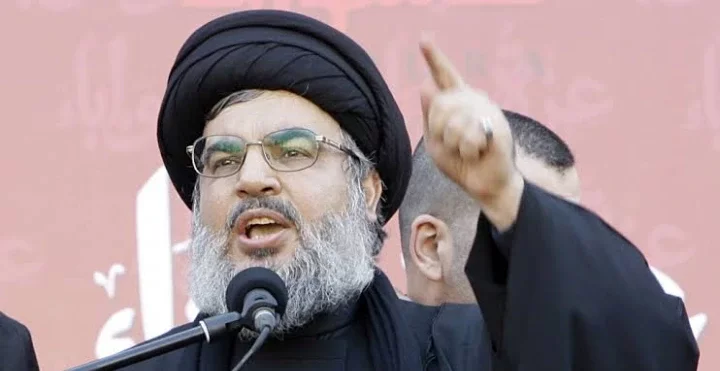
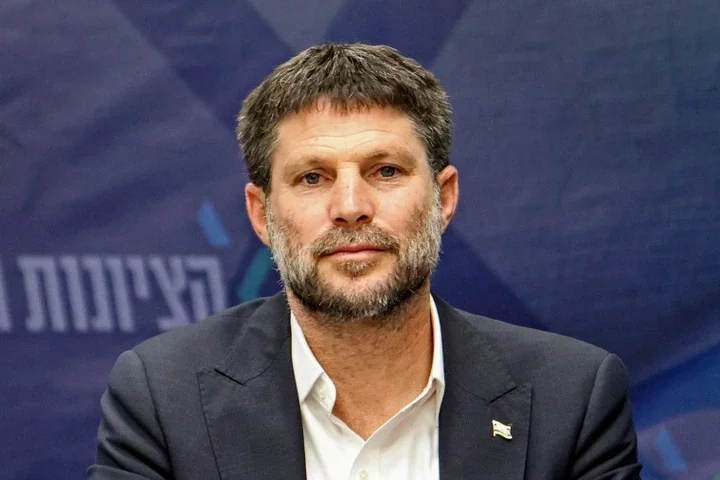
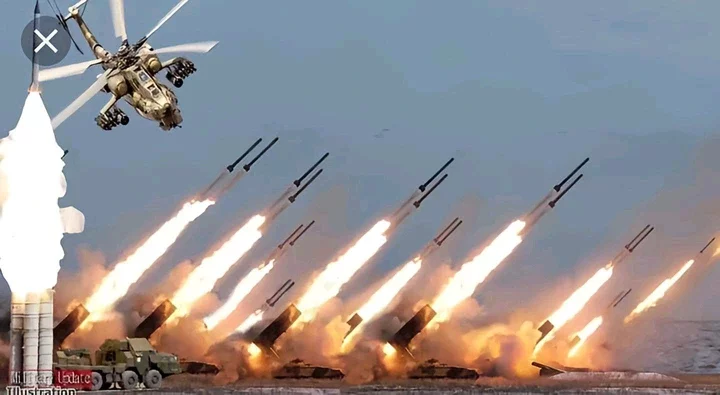
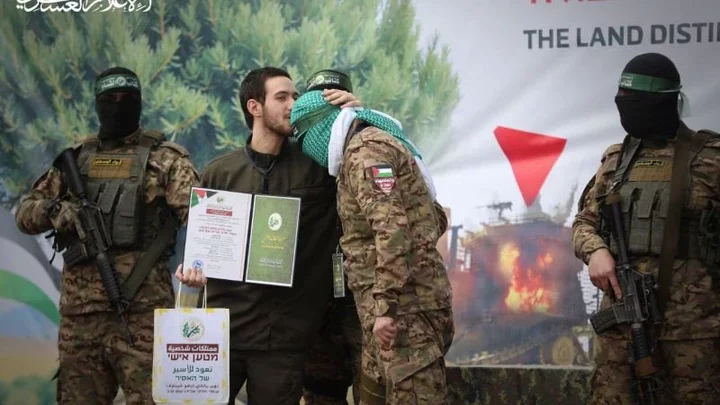

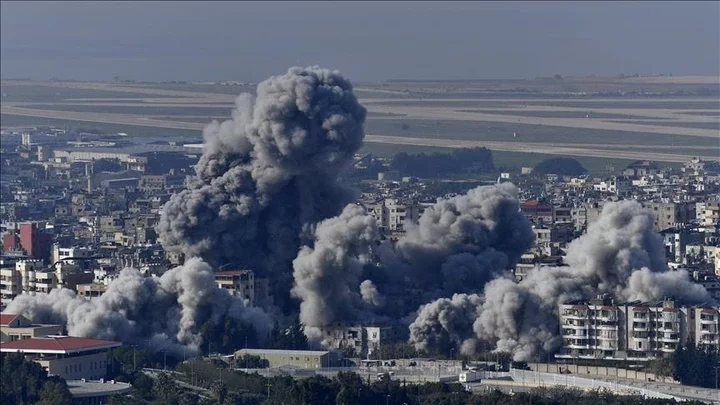






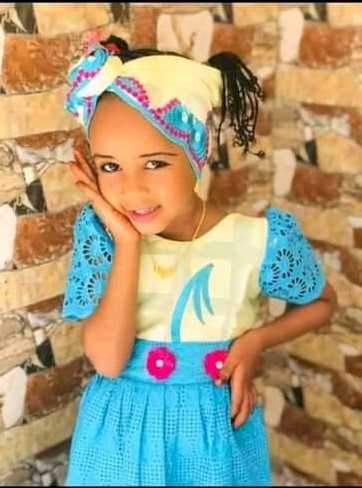


Comments